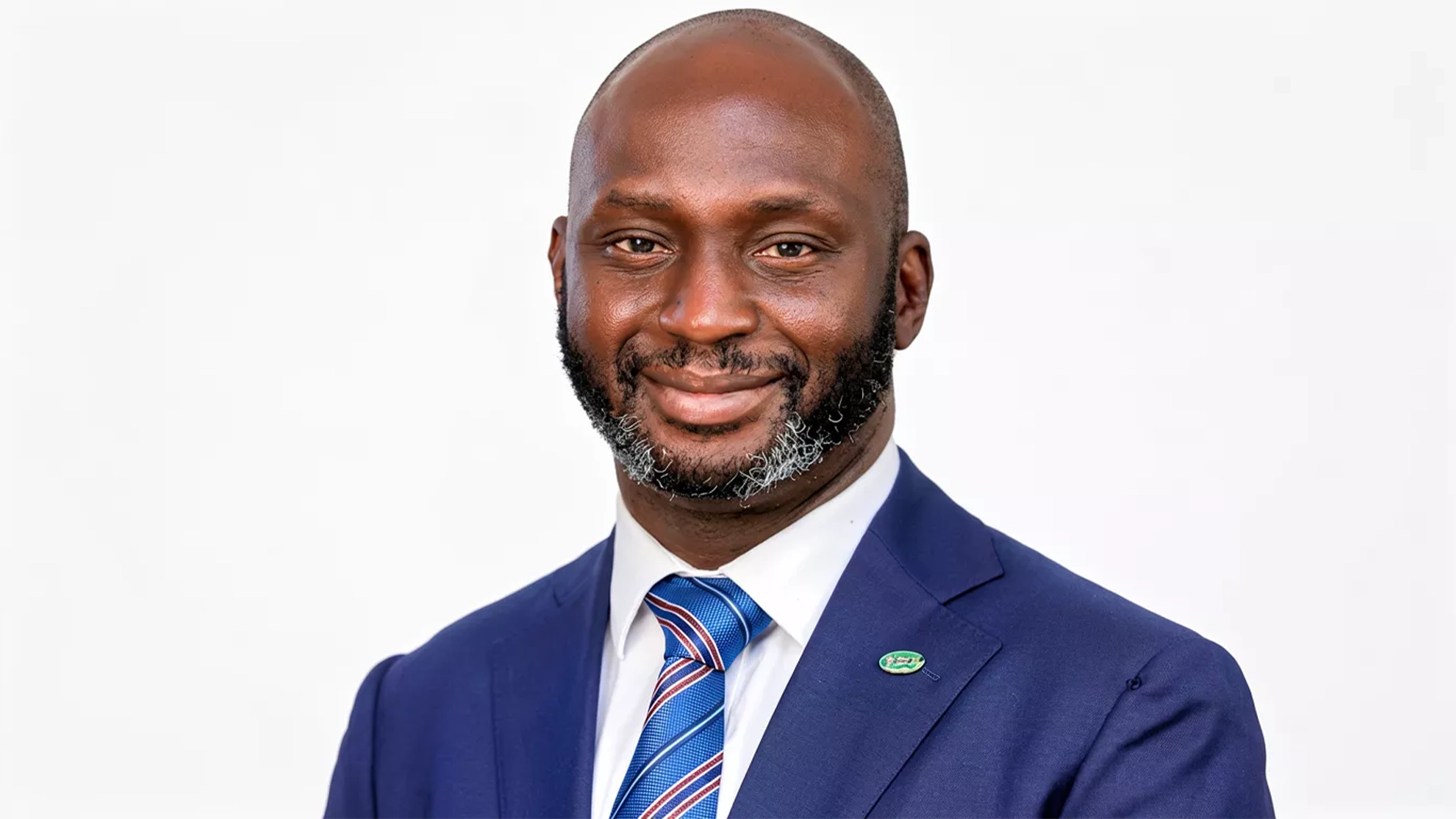Policy makers, regulators, innovators, philanthropists, and private sector leaders have emphasised that the most effective way to address the challenges of financial inclusion is for the government and the private sector to collaborate to co-create policies, jointly monitor outcomes, and establish incentives for long-term commitment.
They said this at the inaugural Bridgforte Dialogues Roundtable held on the sidelines of the 80th United Nations General Assembly (#UNGA80).
The programme themed: ‘Financial Inclusion Towards 2035: Shifting Power, Shaping Systems,” held at the Harvard Club of New York City was convened in collaboration with the Aspen Institute Financial Security Programme and ConsumerCentriX.
Superintendent of the New York State Department of Financial Services, Adrienne Harris, said the role of New York is to protect consumers, ensure a broad and inclusive financial system.
According to her, the mission of New York is to globally maintain a thriving marketplace for both traditional institutions and innovators. Sanusi Lamido Sanusi, the Emir of Kano, while reflecting on Nigeria’s long journey toward financial inclusion, said that despite the push for a cashless Nigeria, 65 per cent of transactions are still in cash.
Sanusi, the former Central Bank of Nigeria Governor urged the participants to reckon with this gap amid the global push toward digital economies.
Governor, National Bank of Rwanda, Soraya Hakuziyaremye, in his virtual contribution, charged stakeholders to co-create policies, monitor outcomes and build incentives of long-term commitment.
Niger State Governor, Mohammed Umaru Bago, called for stronger government leadership, insisting government must lead on financial inclusion with sound policies, resilient infrastructure, and investor protection.
Contributing, private sector leaders like Shola Akinlade (Paystack) and Gbenga Agboola (Flutterwave) highlighted Africa’s opportunity to break down borders through digital innovation while Bola Adesola (Ecobank Nigeria) emphasised the role of trust and partnerships in advancing inclusion.
Commenting on the partnership, Ida Rademacher from the Aspen Institute Financial Security Programme said the roundtable is an exciting step to align private, public, and philanthropic leadership and consumer-centred insights to build a more responsive, beneficial financial infrastructure for the future.
Convener of the Bridgforte Dialogues, Aishah Ahmad, said: “Today we proved the power of an unusual conversation, candid, cross-sector, and bold. We tackled trust, the government’s role, disruptive technologies like DeFi, and the leadership needed for true transformation.”






